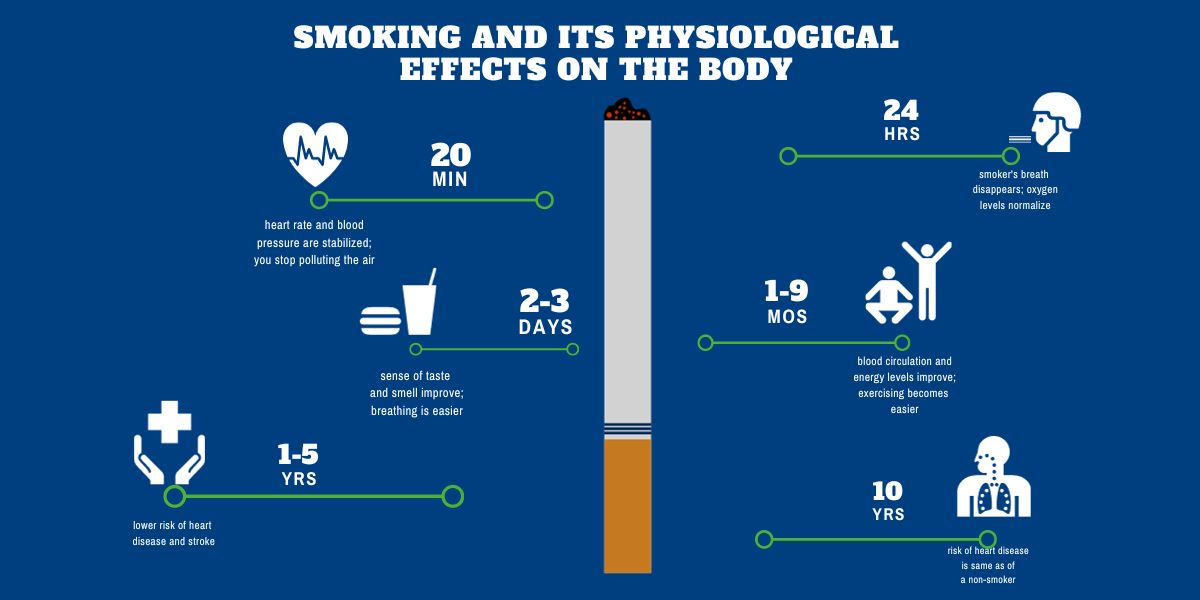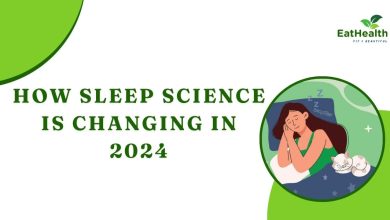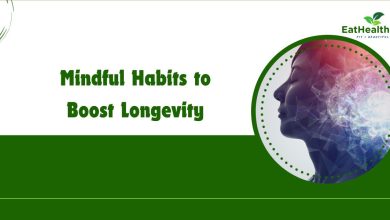Smoking and Its Physiological Effects on the Body
Up in Smoke: Unraveling the Physiological Effects of Smoking on the Body
Smoking and its Physiological Effects on the Body
Smoking has long been recognized as a significant public health issue due to its detrimental effects on both smokers and those exposed to secondhand smoke. Beyond the well-known risks of lung cancer and respiratory diseases, smoking exerts a profound impact on the physiological systems of the body. In this blog post, we’ll explore the intricate relationship between smoking and its physiological effects, shedding light on how this habit influences various organs and systems.

The Smoking Habit: A Complex Addiction
Before delving into the physiological effects, it’s crucial to understand that smoking is not merely a habit; it’s a powerful addiction. Nicotine, the primary addictive component in tobacco, stimulates the release of dopamine in the brain’s reward system, creating a sense of pleasure and reinforcing the habit.
Cardiovascular System: A Ticking Time Bomb
-
Elevated Blood Pressure:
- Smoking leads to an immediate increase in heart rate and blood pressure, putting extra strain on the cardiovascular system.
-
Atherosclerosis:
- The toxins in cigarette smoke damage the inner lining of blood vessels, promoting the development of atherosclerosis (hardening and narrowing of arteries). This makes heart attacks and strokes more likely.
Respiratory System: The Battle for Breath
-
Chronic Obstructive Pulmonary Disease (COPD):
- Smoking is a leading cause of COPD, a group of lung conditions that includes chronic bronchitis and emphysema. It results in reduced lung function, breathlessness, and chronic coughing.
-
Lung Cancer:
- Smoking is the primary cause of lung cancer, responsible for around 85% of all cases.
Digestive System: From Mouth to Stomach
-
Oral Health:
- Smoking increases the risk of oral health problems, including gum disease, tooth loss, and a higher likelihood of developing oral cancers.
-
Gastrointestinal Effects:
- Smoking can contribute to acid reflux and increase the risk of developing stomach ulcers.
Nervous System: The Impact on the Brain
-
Nicotine’s Effects:
- Nicotine addiction affects the brain’s reward system, making it difficult to quit smoking.
-
Mental Health:
- Higher rates of anxiety and sadness are linked to smoking.
Reproductive System: Fertility and Beyond
-
Fertility Issues:
- Men and women who smoke can have less children. Pregnant women who smoke face increased risks of complications and harm to the developing fetus.
Conclusion
Smoking is a habit with profound and far-reaching physiological effects on the body. From cardiovascular strain to respiratory diseases, oral health problems, and beyond, the consequences of smoking are extensive and severe. However, quitting smoking at any stage can lead to significant health improvements and a reduced risk of related diseases. Understanding the physiological impact of smoking is a critical step toward making informed choices and supporting those seeking to break free from this addiction.




